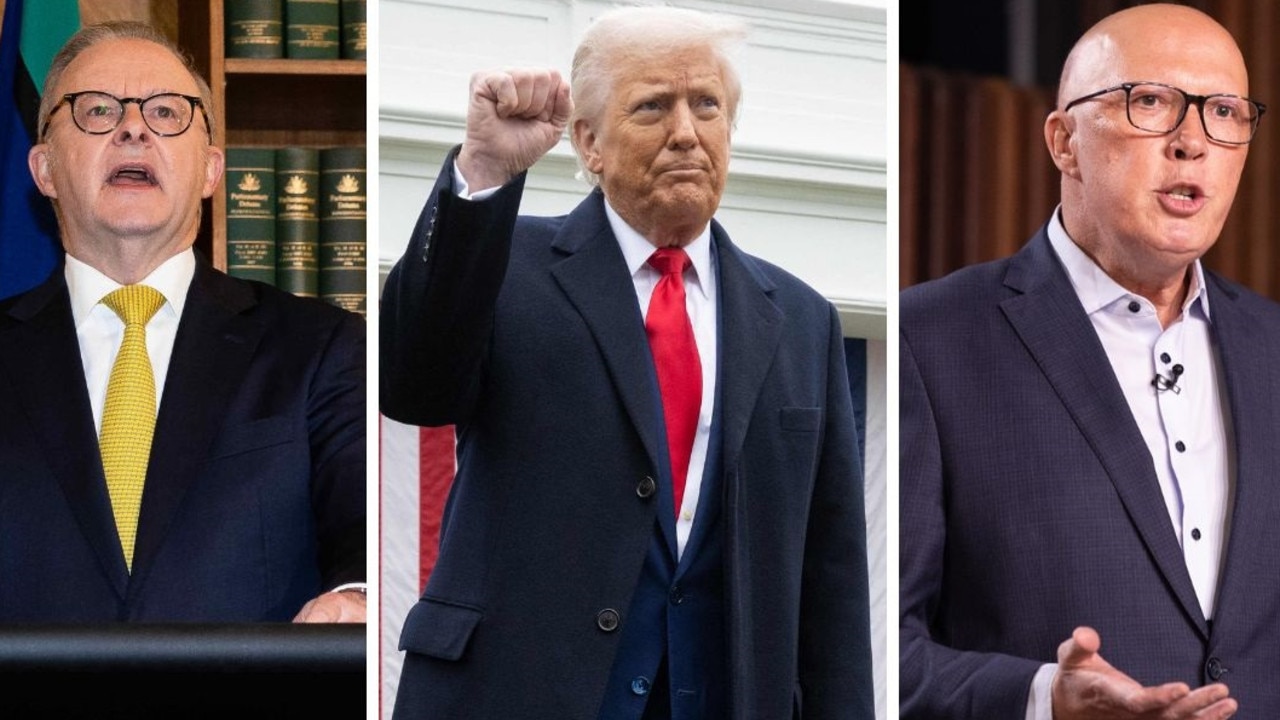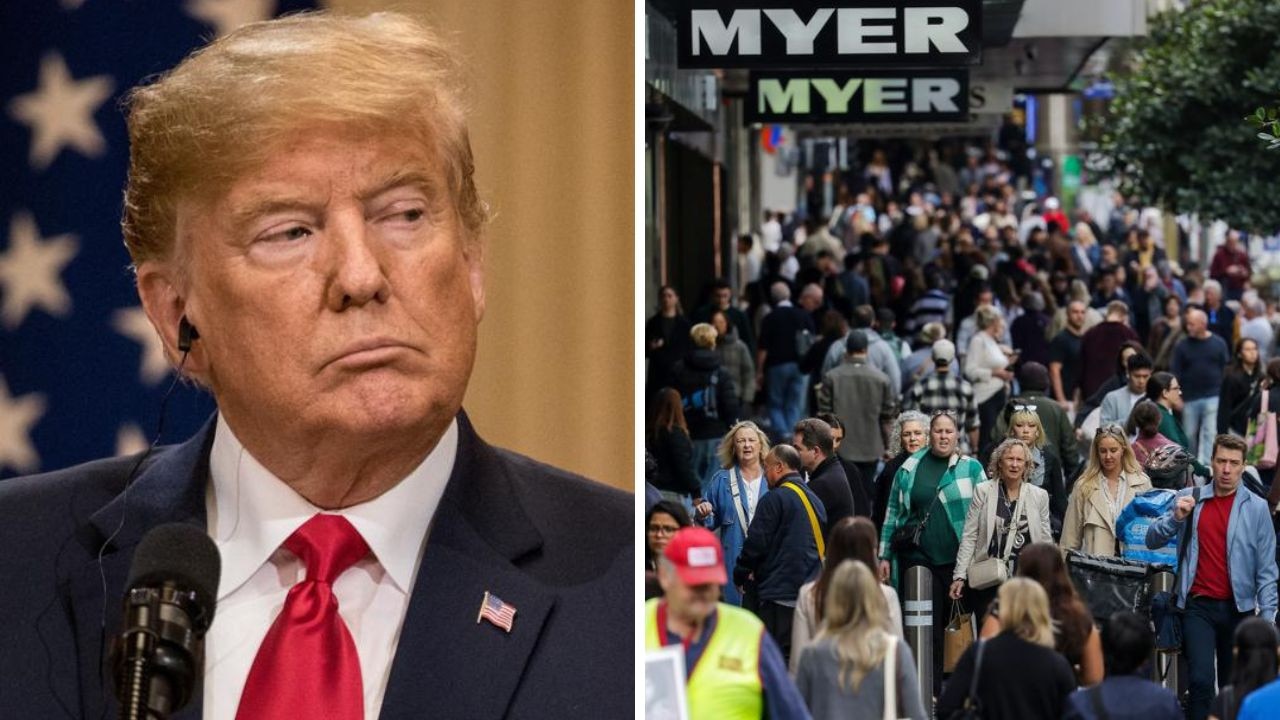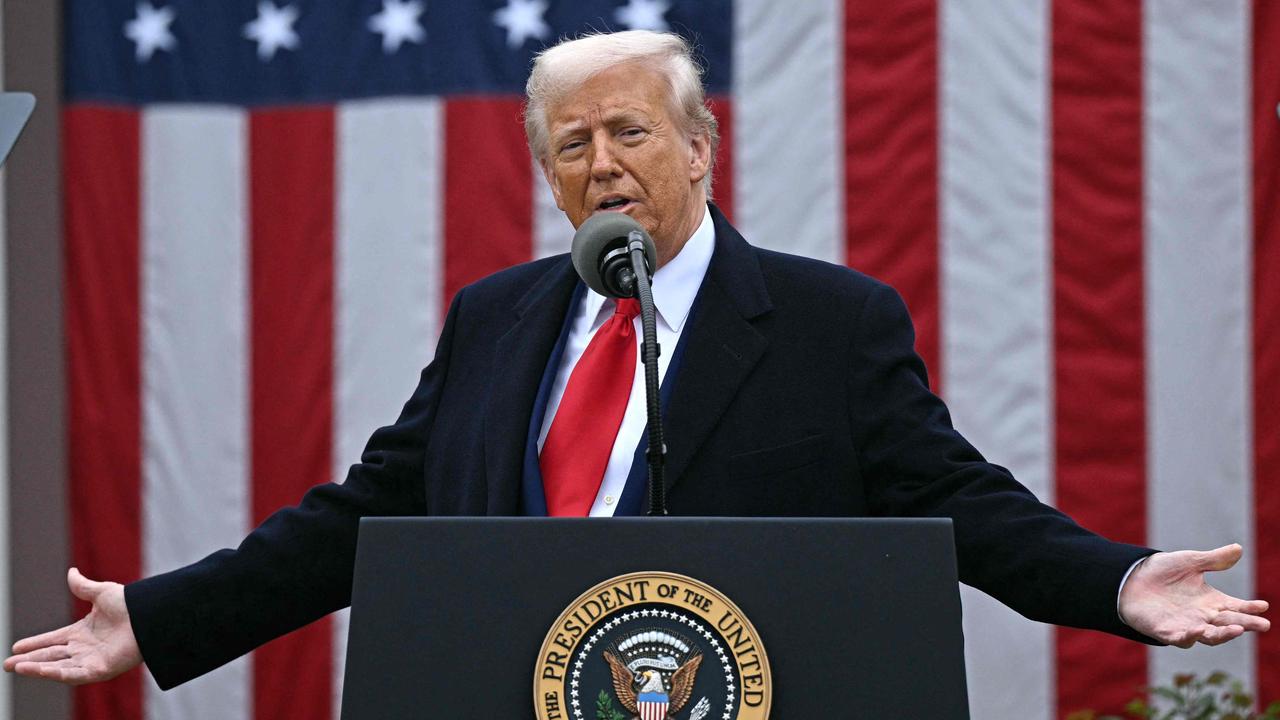How Trump tariffs could see Aussie meat go the way of gas
The new tariffs being introduced by Donald Trump could lead to more of our meat being shipped offshore, pushing up local prices.
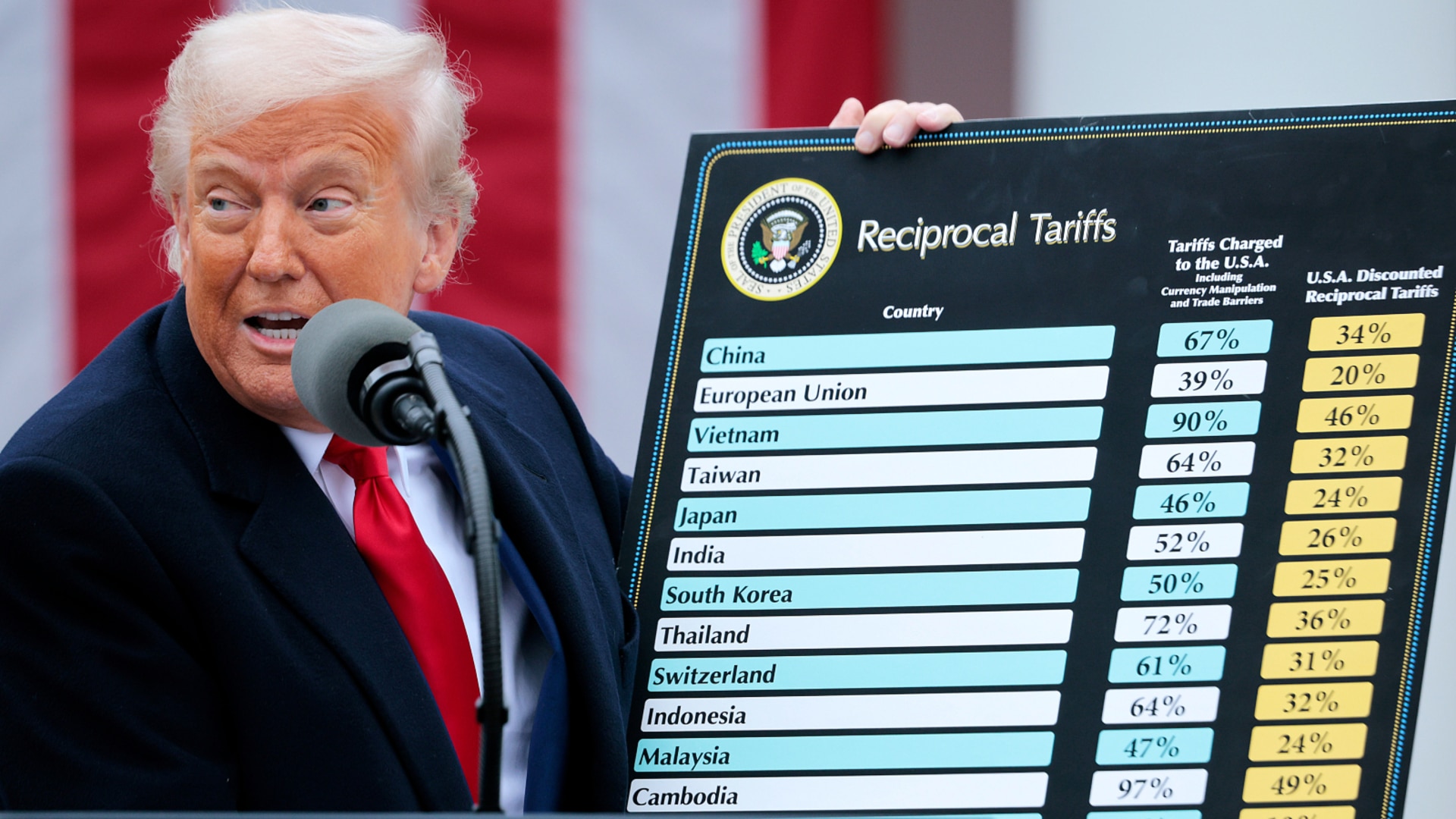
An Aussie farmer fears meat could soon go the way of our gas, with the majority exported for profit while locals are left paying extra due to “shortage”, as a result of US tariffs.
President Donald Trump on Thursday, AEDT, singled out Australian beef in his sweeping “Liberation Day” tariffs announcement, which are set to have huge ramifications for world trade.
“Australia bans – and they’re wonderful people and wonderful everything – but they ban American beef. Yet we imported $3 billion of Australian beef from them just last year alone,” he said, announcing a 10 per cent tariff on Australian exports to the US.
“They won’t take any of our beef. They don’t want it because they don’t want it to affect their farmers and you know – I don’t blame them but we’re doing the same thing.”
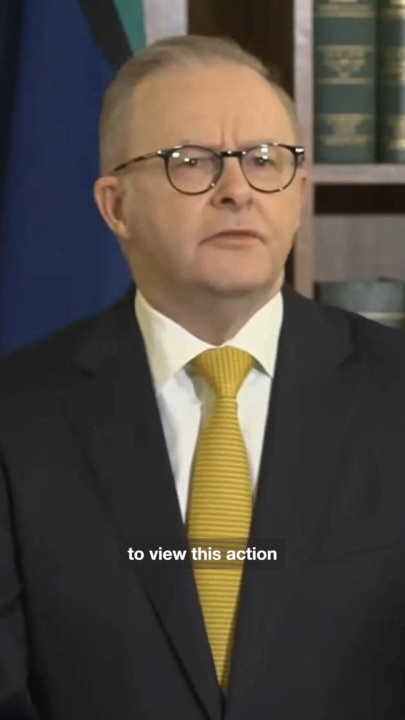
Prime Minister Anthony Albanese said the tariffs had “no basis in logic” and that a “reciprocal” tariff on Australia would be zero, not 10 per cent.
“This is not the act of a friend,” he said.
Mr Albanese said Australia’s rules around US beef were concerned with mad cow disease and protecting biosecurity.
“We certainly, in the discussions we’ve had with the United States, put a position that was consistent with ensuring our biosecurity is looked after that we would give consideration. But that didn’t progress.”
Some of the biggest importers of US beef have been hit with much larger tariffs than Australia – they include South Korea, Japan, Mexico, China and Canada.
Victorian small livestock farmer Tammi Jonas, spokeswoman for the Australian Food Sovereignty Alliance, said she expected those nations to turn to Australian meat as a reaction to their tariffs.
Ms Jonas fears that could mean the meat industry dominated by foreign owners could soon mirror Australia’s gas network, where 80 per cent of the precious natural resource is shipped overseas while locals pay through the nose.
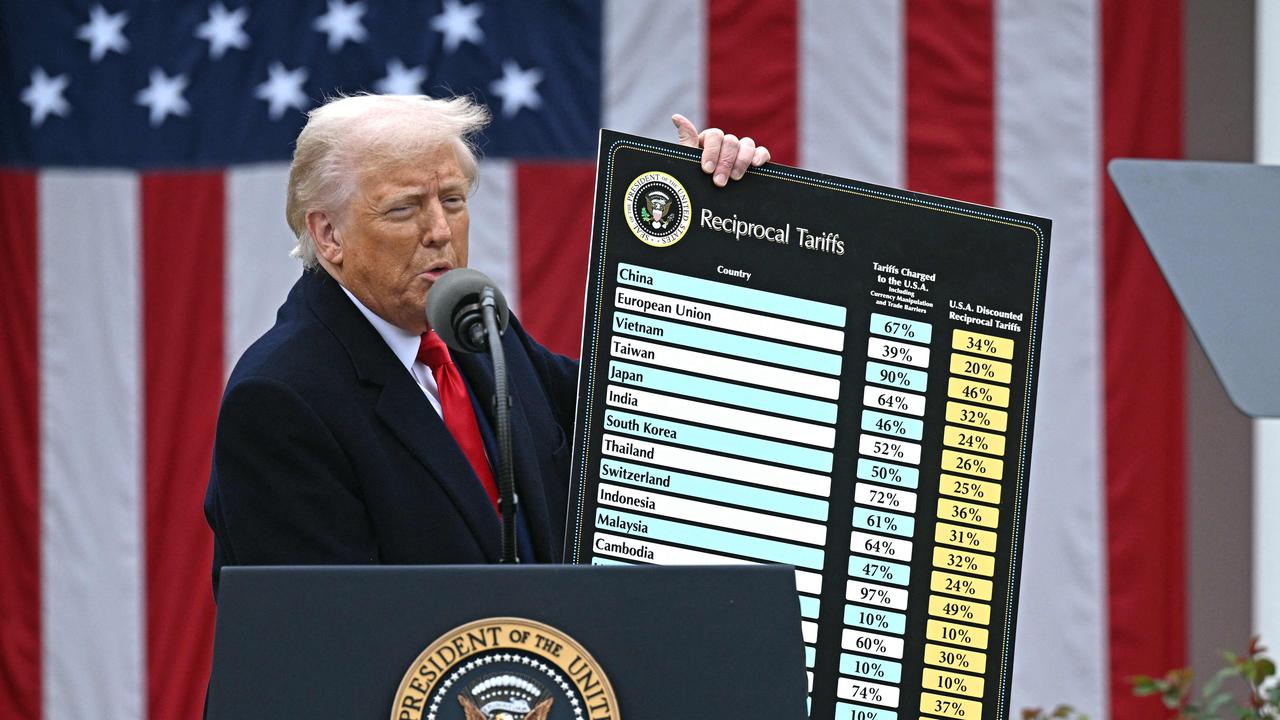
“We already export 72 per cent of our beef. There’s nothing stopping that number climbing to 95 per cent — just like in New Zealand, where they lost control of their abattoirs and saw local supply vanish,” she said.
“And remember, Australia’s meat processing facilities are no longer locally owned.
“Multinationals will gleefully sell our beef to the highest bidder — and that won’t be your neighbourhood butcher.”
She said an international run on our meat products could see Australians losing access to affordable, high-quality meat and put the classic barbecue under threat.
“We must act now to protect local food security — or say goodbye to the Sunday roast.”
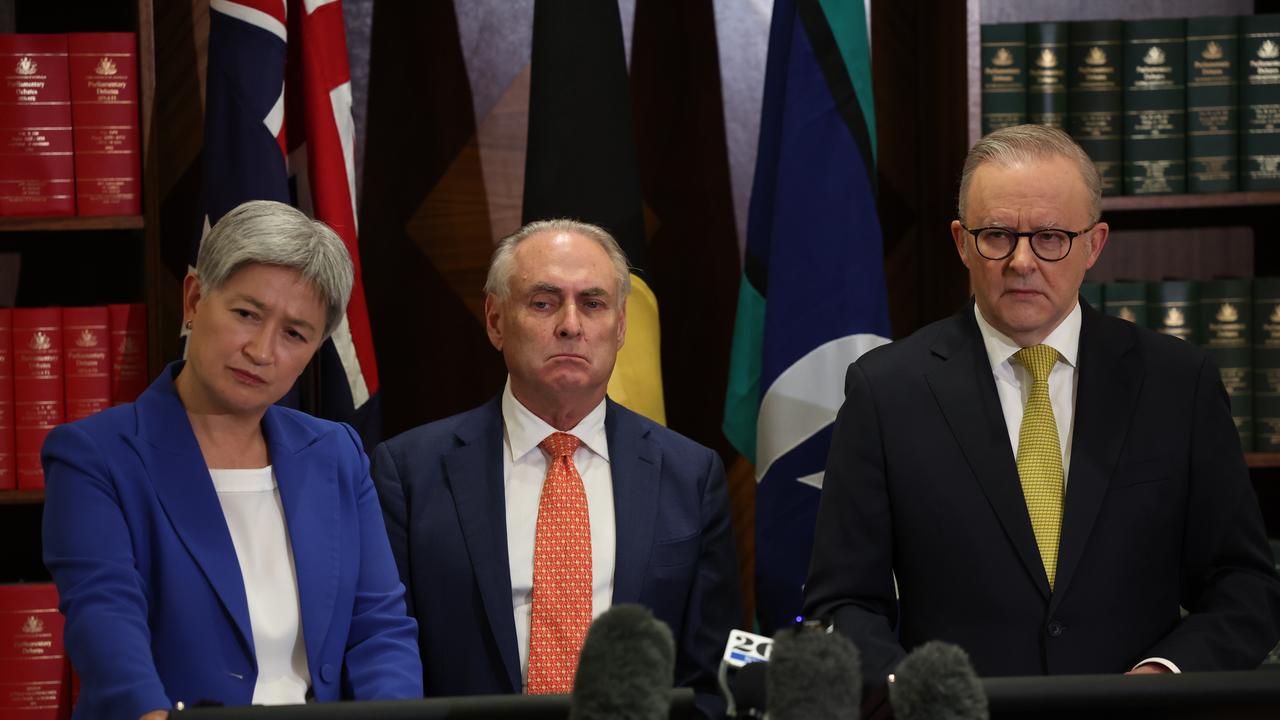
Both the National Farmers Federation (NFF) and Red Meat Advisory Council (RMAC) have slammed Mr Trump’s tariffs but said Australia’s beef and agriculture industries would adapt.
RMAC chair, John McKillop, said the US was the largest importer of Australian beef in 2024 taking in $6.07 billion or almost one third of total global exports.
“Australian beef is in an estimated 6 billion hamburgers consumed each year in the US and this tariff will cost the US consumer an additional US$180m per year,” he said.
Mr McKillop said meat trade with the US “will continue” but highlighted Australia’s “record year for red meat exports” across 100 markets in 2024.
“It’s critical to note just how diversified Australia is with our red meat exports. Other major markets include Greater China, Japan and Korea, worth A$3.9B, A$2.6B and A$2.5B respectively,” he said.
“The Middle East / North Africa Market is worth A$2B and offers demand growth opportunities.”
He said US meat production was down, with overall herds at 70-year lows due to drought and cow slaughter down 23 per cent in 2024 and expected to fall another 10 per cent in 2025.
NFF president David Jochinke said: “While this decision creates unnecessary uncertainty, we remain confident in the strength of Australian agriculture.
“Our products are sought after worldwide for their quality, sustainability, and reliability.”
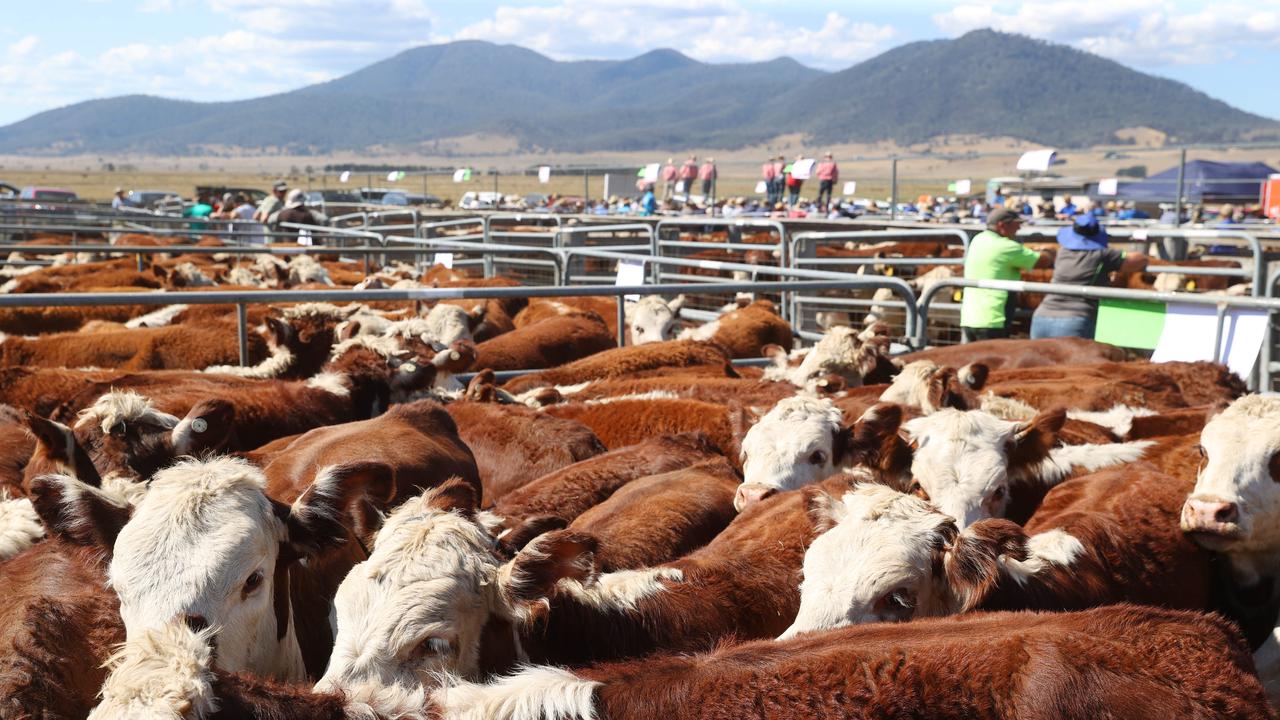
Ms Jonas wrote in an editorial published by news.com.au on Wednesday that the looming tariffs could spark a scramble for Australian meat and a price meltdown on our shores.
“There’s this lie that gets told to the Australian public, that ‘this is going to be a great opportunity for Australia, that there can be more export markets opening up for us,” she said.
“But more export markets never benefit everyday people in their homes.
“It benefits the people who export the meat, or the gas … it doesn’t benefit those who would like access to the meat produced here in Australia or the gas produced here in Australia.”
Australia is one of the largest producers of natural gas in the world, but local consumers pay a high price while multinationals exporting it pay little royalties to governments.
Last week, Federal Opposition Leader Peter Dutton pledged that a Coalition government would force companies to keep more gas in Australia and sell it at cheaper prices.
“This is what happened with gas. And it’s now happening with meat,” Ms Jonas told news.com.au.
“We’re eating our lunch – until someone richer comes along and takes it off our plate.”
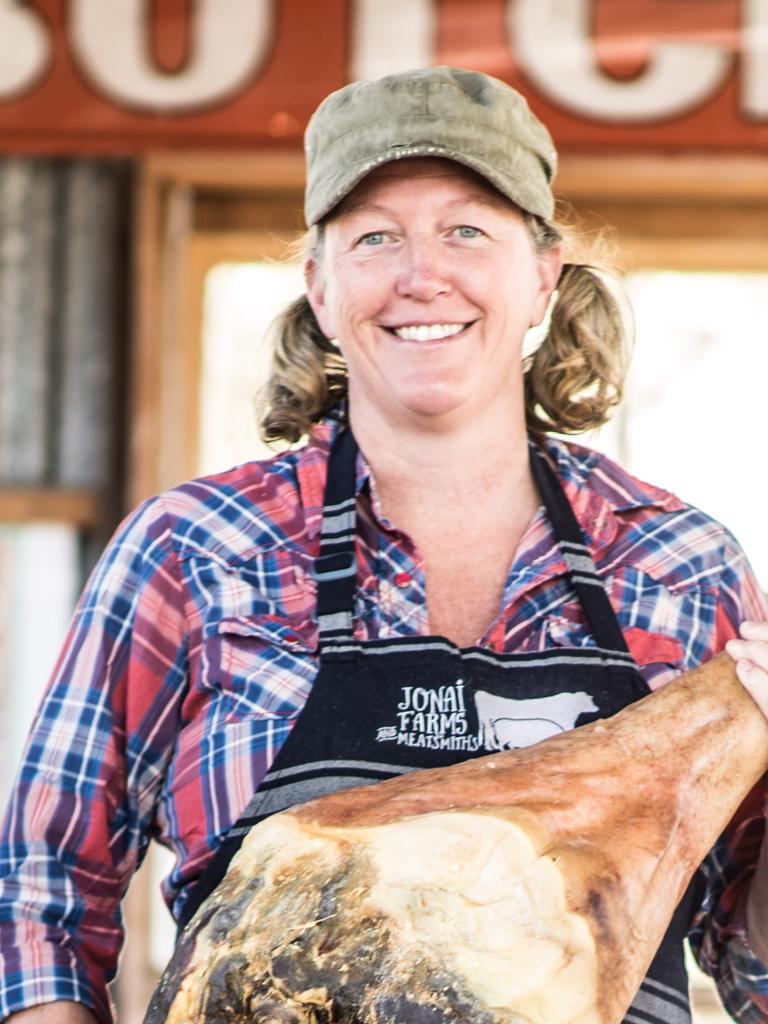
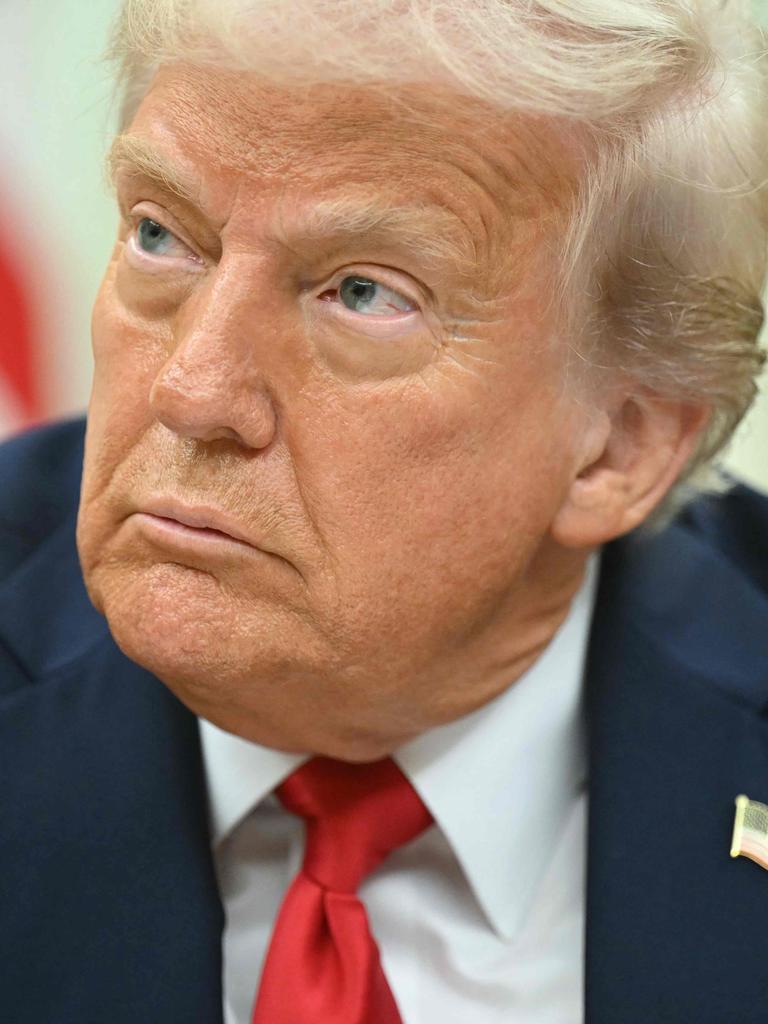
Ms Jonas wrote this week that Australia was “hurtling toward a future” where beef mince could jump to $36 per kg during a disease outbreak, or to $25 per kg if global demand surges due to US trade turmoil.
She said local farmers were being locked out of abattoirs bought up by big multinationals – with some only processing meat set to be shipped offshore.
“And so that’s what we’re going to see because their focus is on export, that’s the more profitable market for them,” she said.
“So why would they try to continue selling it into the domestic market if they can get more money out of the international market?”
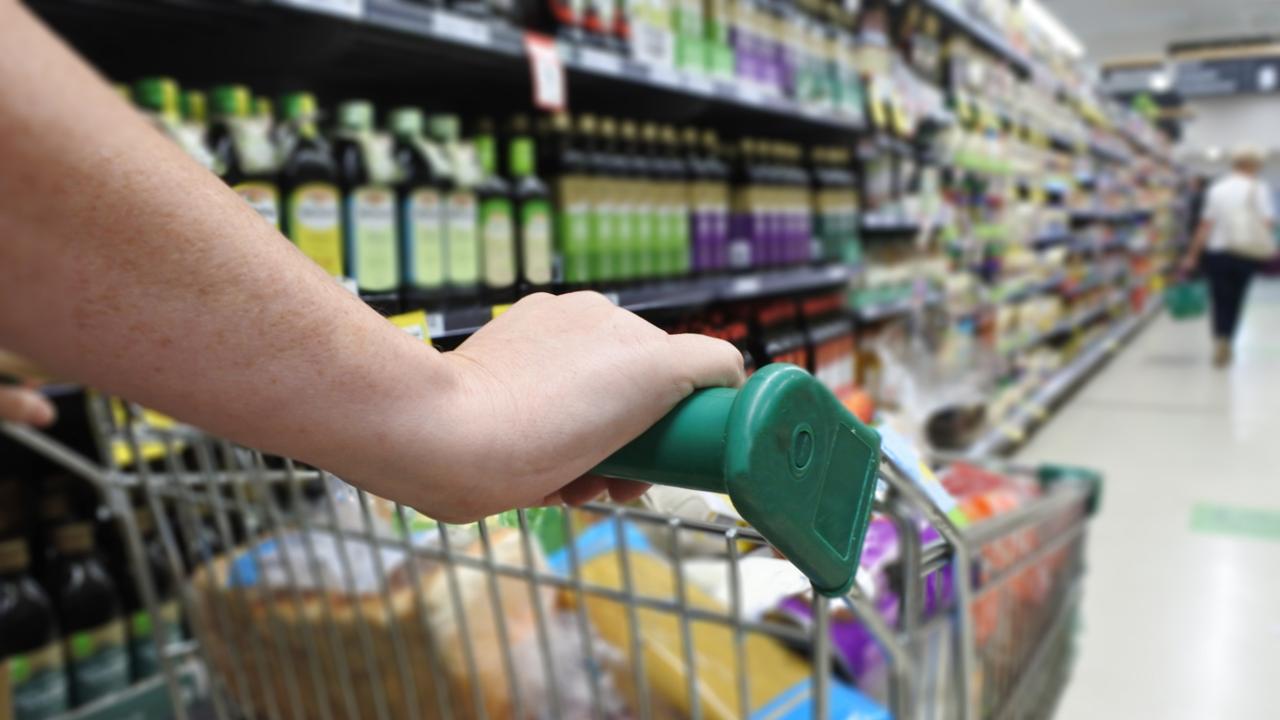
The Daylesford farmer said Australians needed to realise it was not a matter of “we” exporting products, but foreign-based companies reaping the rewards.
They are doing this and taking away Australians’ choice and access to things that are produced here, in this case meat.
“And we – the actual ‘we’ – are the ones suffering without access to affordable meat or down the track, maybe even just any local need that is produced even in your state, let alone more closely than that.”
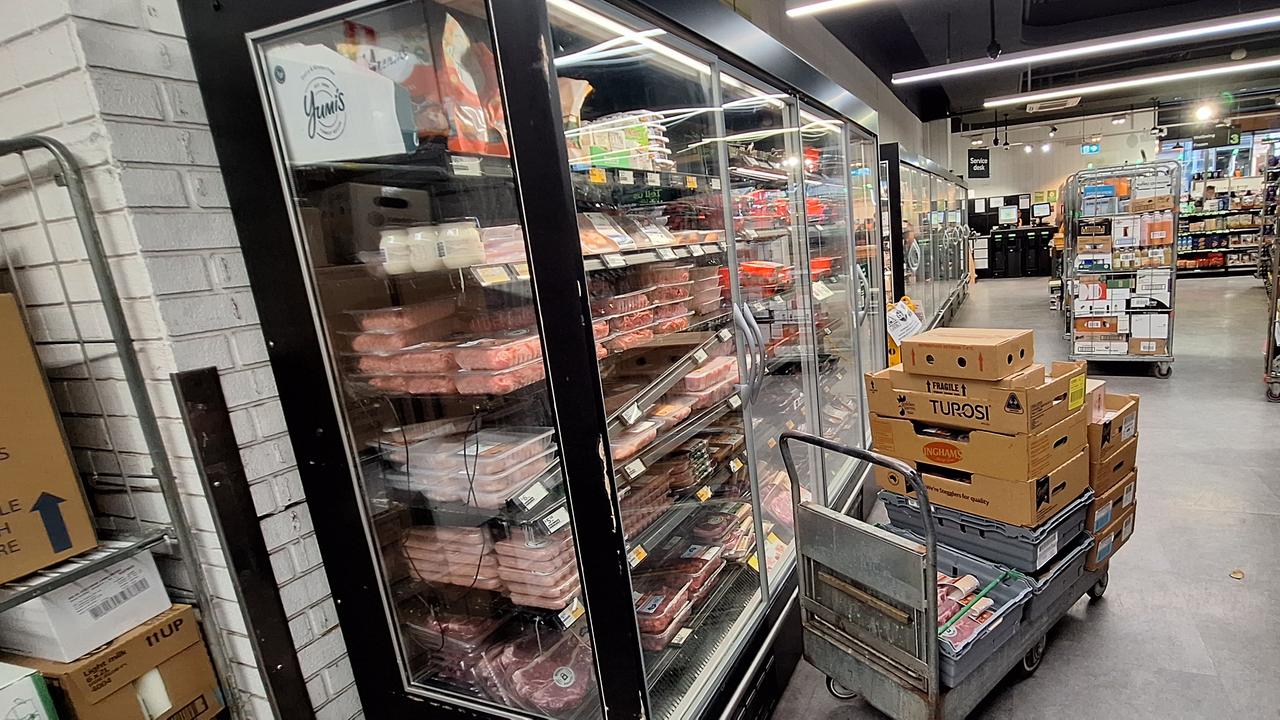
She said another example of how deregulation had impacted Australian industry was how dairy farms had been decimated from more than 10,000 in the year 2000.
Deregulation initially saw a drop in prices, but long-term has seen thousands of farms close down as big companies muscled in.
“It’s 77 per cent (of farms) we’ve lost since deregulation,” Ms Jonas said.
“So now we have we produce more milk but with fewer dairies, which means we have less family farms, which means we have less people in rural communities.”
She said governments needed to cut red tape to allow micro abattoirs to be built for local farmers.
And on a larger scale, she said, authorities needed to review foreign investment regulations not only for the economy but to ensure livestock lived in good standards for biosecurity reasons.




